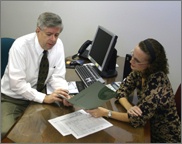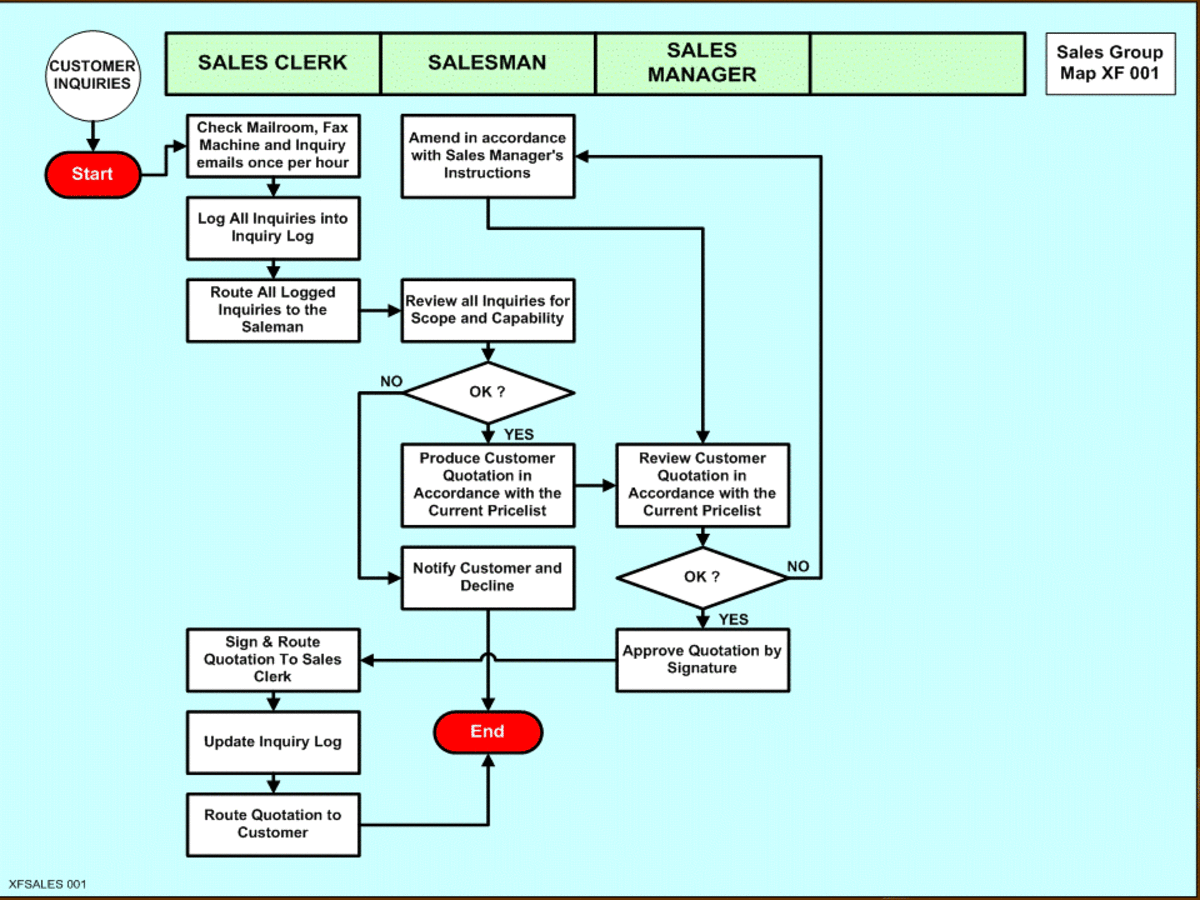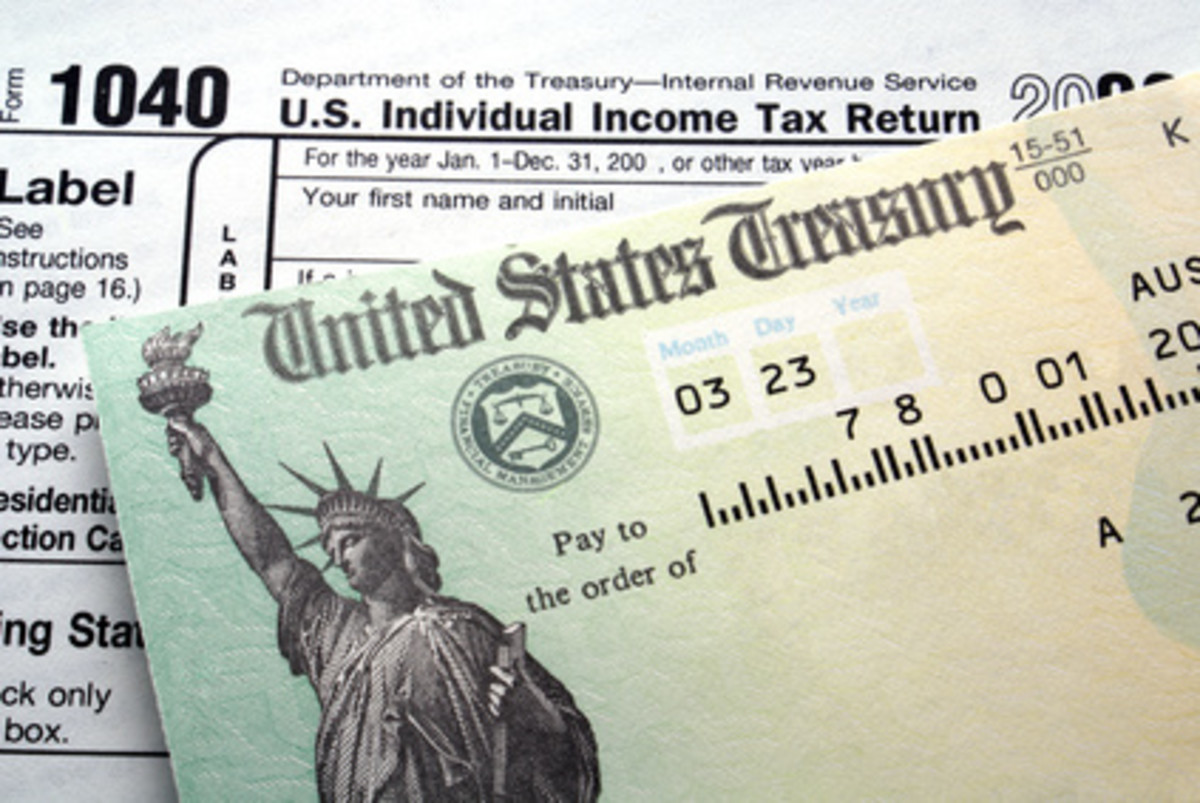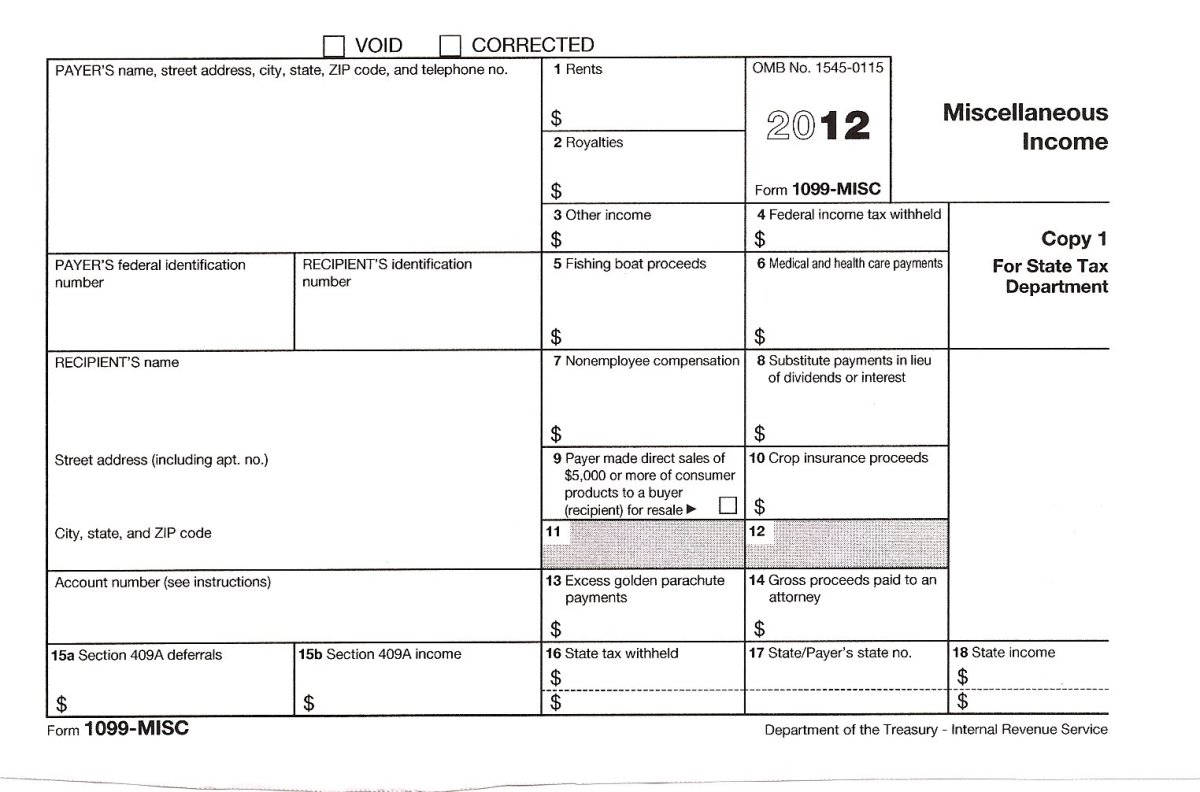- HubPages»
- Personal Finance»
- Tax & Taxes»
- Income Tax
IRS Audit Manual: IRS Audit Procedures
In previous articles I discussed the audit selection process, preparing for the audit, and the first meeting. Now, the IRS Audit Manual will outline audit procedures during the most familiar part of the tax audit, the part where your documents are reviewed by the auditor.
At this point you should already have your receipts and other documents in order. Deductions should be added and income matched against deposits to bank accounts. Discrepancies should have a valid explanation.
Preparation is the most important part of the audit. You will win or lose based on your preparation. Small errors should not concern you. Sometimes you have more deductions in a column than originally reported on the tax return. If other columns are short, it could be that you mixed receipts between the columns. This is also a common occurrence, especially between similar types of deductions. Supplies, office expense, and postage are similar enough to have some postage or supplies listed as an office expense. The auditor will make adjustments for this and will not assess additional tax unless all deductions added together are short.
IRS Audit Process
Hurry Up and Wait
I think it is a good idea to let the main audit activities take place in an accountant’s office. The auditor can take a day on a short audit and days, even weeks, for a larger audit. You really do not want the IRS in your office or home day after day. You also don’t want to spend days watching the auditor play with your paperwork in their office.
While your paperwork is reviewed, someone needs to be present. In my office we have a side office for the IRS. We set the auditor down, show them where the coffee and photocopiers are, and let them work. I check in periodically on the auditor’s progress.
IRS auditors have numerous rules to follow. Therefore, they spend a short day on your audit. It is common for an auditor to show up at my office after 9 a.m. and leave before 3 p.m. The reason for this is that the IRS has rules the auditor must follow. Every evening before they leave, they must put all taxpayer files away in their proper and secure place. Files are not allowed to float around. They have other reports to file and phone calls to make. Then again, it could be that IRS auditors have a really good paying part-time job.
Paperwork Rules
The IRS will want to see your documents. If you want credit for a deduction, you will show the receipt. They will want to keep some paperwork and the answer is, “No.”
If the IRS misplaces your original receipts you lose the deduction. The Tax Court has ruled on this matter in the past. The Court says you should never trust the IRS with your paperwork as you are liable if it gets lost. And, as we all know, the IRS has no incentive to lose your paperwork.
The auditor will still demand a copy of certain receipts, which they are entitled to have if you want to keep the deduction. I recommend using your accountant’s office because of this. The accountant will have a photocopier on hand for the IRS auditor to use.
If you don’t use an accountant, you will need to spend a lot of time in the auditor’s office while your paperwork is reviewed. You will need to pack all your documents each afternoon and return with them the next day.
In my office we review all information the auditor will take with them. Original documents are never allowed, only copies. Before the auditor leaves we check the auditor’s papers for things they are not allowed to have. Most auditors understand and have no problem with the search. If the auditor has a problem with your documents policy, contact the auditor’s supervisor. Under no circumstances should an IRS auditor or state revenue agent leave your office, business, or home with any of your original documentation. Take all your papers with you each evening if the audit is handled at the IRS office. Never leave any papers overnight.
Auditors will make photocopies of everything they think they will need first so they can work with the copies in their own office. When they finish with the copies they have, they will request any additional paperwork they may need.
IRS Audit Process

What Next
The auditor will use verifiable numbers only. If you lost receipts, the deduction will be disallowed. Gone are the days when auditors could negotiate a settlement with taxpayers. The examination includes facts only. In some instances, a settlement can be reached (assuming the IRS claims you owe additional tax) by speaking with the auditor’s supervisor. Requesting a meeting with the supervisor will not hurt the auditor’s feelings. In many cases, the auditor will recommend you speak with her supervisor.
Understand that the supervisor also has limited ability to negotiate a settlement. Simple matters and small amounts can be settled quick and easy with the supervisor.
In most cases, an IRS assessment of additional tax will require an appeal. You have several options, including Tax Court, at this point. Paying a tax assessment, Offers in Compromise, Due Process Hearings, abatement, and appeals will be handled in later articles in this series.










